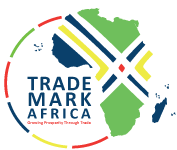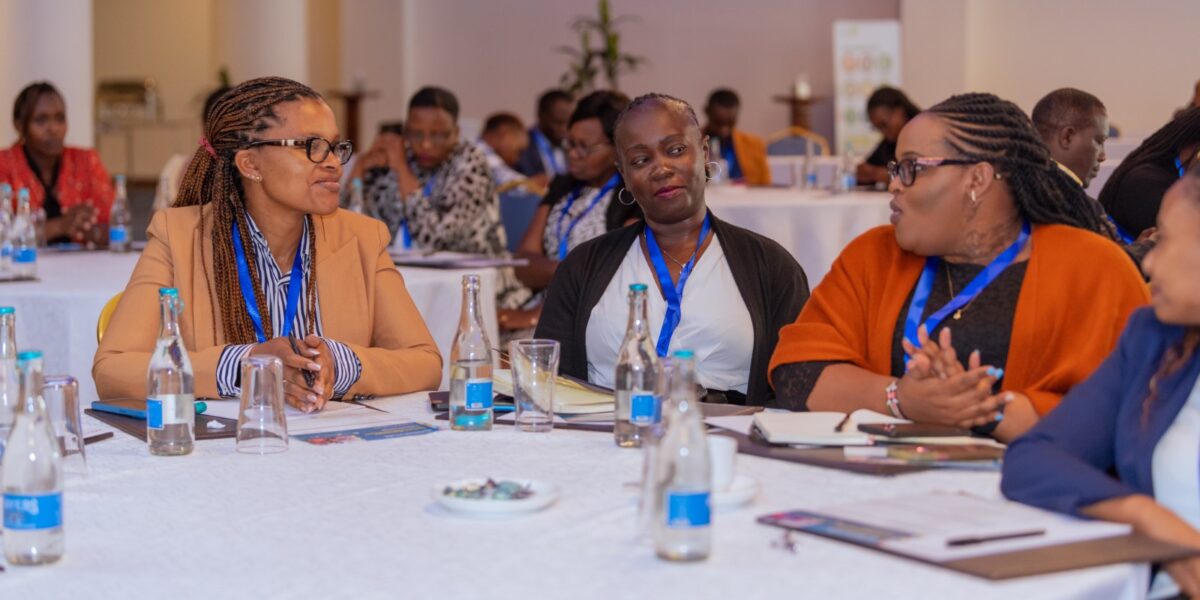On June 8, the Economic Recovery and Reform Program partnered with Selfhelp Africa (SHA) to bring together various women and youth entrepreneurs in a Collaborative, Learning, and Adaptation (CLA) event centered around the theme ”Breaking Trade Barriers for Women & Youth Entrepreneurs”. The event aimed to equip participants with knowledge on trade barriers faced by women-led Small and Medium Enterprises (SMEs), how to address and mitigate these barriers, and emerging issues on trade development in the export and cross-border markets.
At the event, inspiring stories were shared by participants on barriers they encountered in their business operations and how they overcame them. These include product mishandling, limited information on export crop variety, and foreign exchange fluctuations. The participants acknowledged the efforts of TradeMark Africa (TMA) in empowering them through the Women in Trade Programme, which facilitated access to capital through financial institution linkages and provided certification support, enabling them to tap into new markets.
One of the event’s notable sessions was led by Margaret Waithaka, an expert in the African Growth and Opportunity Act (AGOA), who discussed the various market opportunities for Kenyan agricultural products in the United States (U.S.) under AGOA. Waithaka emphasized the importance of meeting international export requirements under the AGOA Program and highlighted trade shows and buyer missions as effective avenues for establishing connections with U.S. buyers. Follow up on these linkages was underlined as a crucial step in securing deals enabling entrepreneurs to access the lucrative U.S. market.
At the close of the event, participants discussed successes achieved through adaptive management, gained exposure on strong business linkages as instruments for successful trade facilitation between key trade stakeholders in local, international, and cross-border markets, and learned the significant role of regulatory environment in improving operational efficiencies of women-led businesses.

